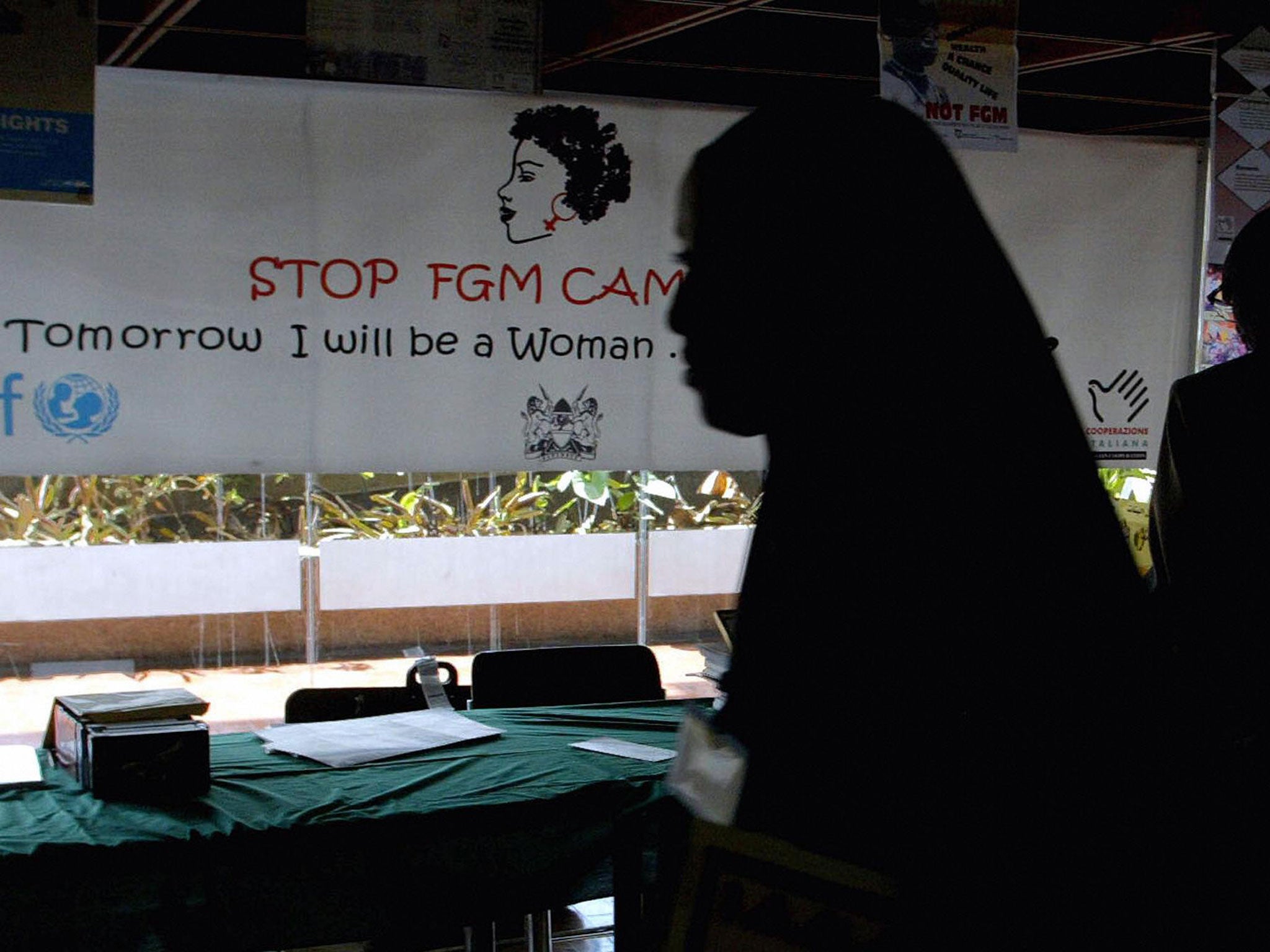Two million extra cases of FGM likely over next 10 years due to Covid, UN warns
UN leaders say FGM would not be carried out if we had true gender equality

Two million extra cases of female genital mutilation are likely to take place over the next ten years due to the coronavirus crisis, a United Nations agency has warned.
Unicef, which helps children around the world, said the expected surge in cases is driven by schools closing and NGO services which protect girls from the damaging procedure also shutting their doors.
Female Genital Mutilation (FGM), internationally recognised as a human rights violation, refers to any procedure that intentionally alters female genital organs for non-medical reasons. The procedure is often carried out without anaesthesia and can cause a lifetime of severe health problems and pain.
“We must act now to stop this from happening,” Henrietta Fore, Unicef’s executive director, and Dr Natalia Kanem, United Nations Population Fund's executive director, said in a joint statement released on the International Day of Zero Tolerance for Female Genital Mutilation.
“The pandemic has sharpened our resolve to protect the four million girls and women who are at risk of female genital mutilation each year. Here’s how.
“We must unite. Ending female genital mutilation requires collaboration among a wide group of stakeholders. This includes global, regional, national and local policymakers; civil society from small grassroots organisations and women’s rights groups to international non-governmental organisations; agents of change from teachers and health workers to religious leaders and local elders; as well as law enforcement and judicial officials.”
The UN leaders warned the international target of eliminating FGM by 2030 will need $2.4 billion over the next ten years, which amounts to less than $100 per girl.
“This is a very small price to pay for preserving a girl’s bodily integrity, her health and her right to say 'no' to violation,” they added. “However, most of this money has yet to be raised.”
Getting rid of FGM and gender equality are “interdependent, mutually reinforcing goals” and FGM would not be practiced if we had true gender equality, the UN officials added.
Masooma Ranvali, a survivor of FGM, previously told The Independent about her experience of being cut as well as saying the procedure is carried out to control women’s sexual urges to ensure they do not have premarital sex or extramarital affairs due to the procedure making sex more painful.
The Covid crisis has also led to a rise in domestic abuse and child marriage around the world as governments have rolled out lockdown measures to contain the virus spreading.


Join our commenting forum
Join thought-provoking conversations, follow other Independent readers and see their replies
Comments